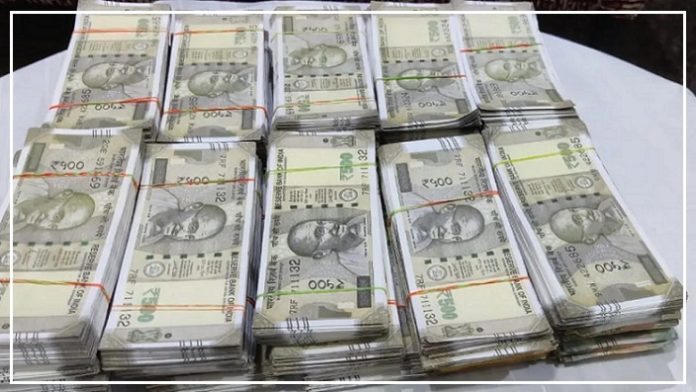Keeping cash at home could be problematic, especially if you have a habit of doing so.
Many businessmen tend to store their cash, even if they plan to deposit it later.
Some individuals also keep a significant portion of their cash at home, which can lead to trouble if caught.
In such a situation, it’s essential to know the origin and value of every bit of money you possess.
The Income Tax Department has issued guidelines to help individuals understand and comply with these regulations.
Below are some of the guidelines that can assist in obtaining a clear understanding of the matter.
It’s crucial to be mindful of the Income Tax Department’s regulations regarding storing cash at home.
Recent assembly elections in various states have led to the discovery of significant amounts of cash in people’s homes.
Law enforcement officials recover crores worth of cash daily. As a result, individuals may wonder how much cash they can keep at home without facing legal consequences.
In case you come under the scrutiny of investigating agencies, you must be prepared to justify the source of the cash.
If you have earned the money legally, you should possess relevant documentation to support it.
In addition, if you have filed your Income Tax Return, you need not worry. However, if you are unable to explain the source of the cash, major investigative agencies such as the ED and CBI may take legal action against you.
The consequences of being caught with undeclared cash at home could be severe.
According to the Central Board of Direct Taxes (CBDT), if the source of the hidden cash cannot be identified, you may face a penalty of up to 137 percent.
Things to keep in mind when keeping the cash
- A cash transaction over Rs 20 lakh in a fiscal year can result in a huge penalty for you.
- You should have a valid PAN number for deposits or withdrawals of more than Rs 50,000 at a time.
- If a person makes a cash deposit of 20 lakh rupees in a year then he has to mandatory provide PAN card and Aadhaar card information.
- If the person fails to provide the PAN and Aadhaar details that will result in a punishment of up to or more than Rs 20 lakh.
- When you’re out shopping, you are not allowed to spend more than Rs 2 lakh in cash. A copy of the PAN and Aadhaar card must be submitted if cash purchases exceed more than Rs 2 lakh.
- If a person purchases or sells property worth or more than Rs 30 lakh in cash, then the investigating body will investigate the person.
- An investigation can be launched if a person spends more than Rs 1 lakh in a single transaction for a Credit-Debit Card.
- The monetary donation cap is Rs 2,000.
- No one can borrow more than Rs. 20,000 in cash from another individual.
- If you withdraw more than Rs 2 crore in cash from a bank then you have to mandatory pay the TDS.
